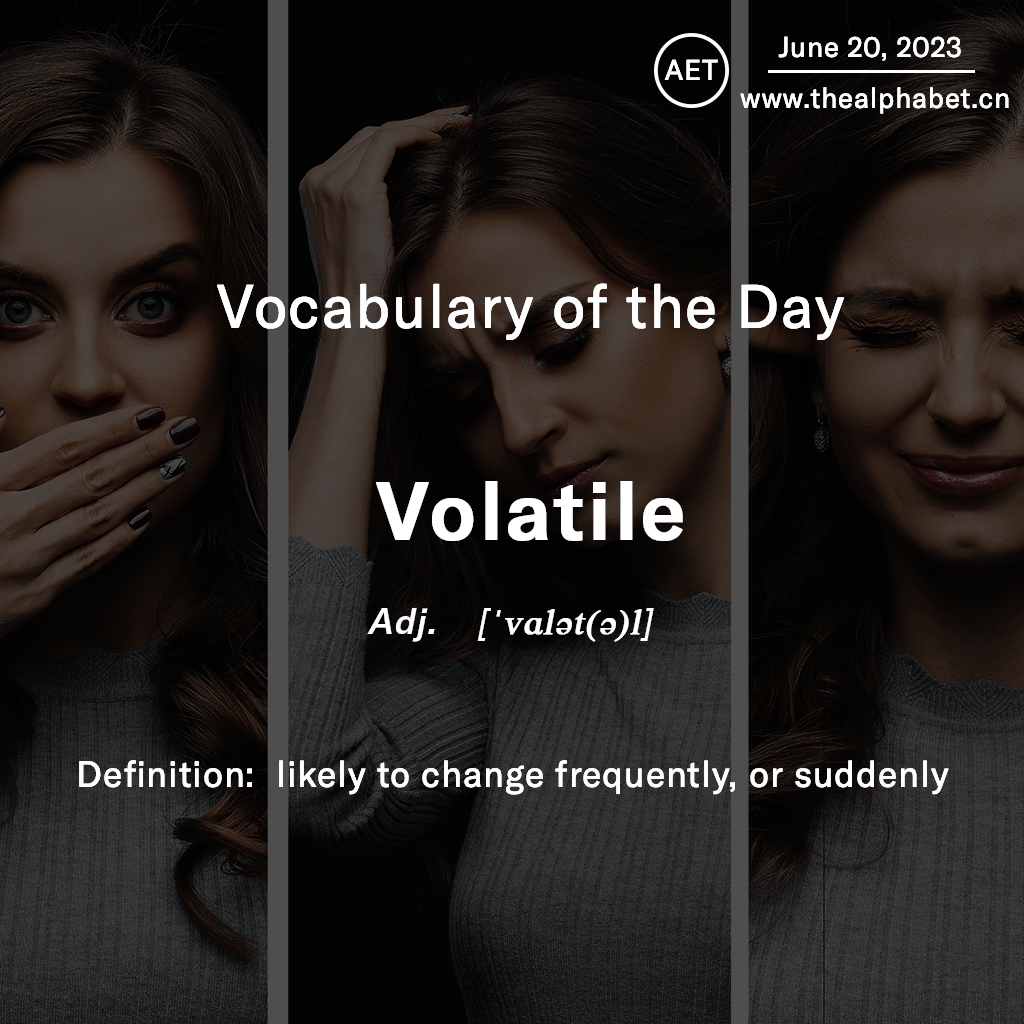
Image by rawpixel.com on Freepik
发音:[ˌɪndɪˈskrɪmɪnət]
例句:
- The term “indiscriminate” refers to actions or behaviors that lack discrimination or careful selection. It implies a lack of differentiation or distinction in choices, often leading to actions that are not specific or carefully chosen.
- In usage, “indiscriminate” describes actions or behaviors that are done without considering differences or without a specific target or purpose in mind. For example, “indiscriminate violence” refers to violence that is random or not aimed at a particular group or individual. Similarly, “indiscriminate spending” suggests spending money without thought or consideration for its purpose or value.
- The deliberations within the UN’s Convention on Certain Conventional Weapons, initiated in 1980 to regulate the use of weapons characterized as excessive or indiscriminate, have mostly come to a halt.
- Hamas, identified as a terrorist group by multiple nations including the U.S. and Israel, orchestrated the killing of over 1,400 Jews and currently holds numerous captives, including Americans, while launching indiscriminate rocket attacks on Israel.
- The extensive market downturn in 2022 indiscriminately reduced the value of various assets, impacting both high-risk and more stable investments and significantly affecting the retirement portfolios of average investors.
- On a planet where our indiscriminate reliance on fossil fuels and industrial chemicals disrupts the crucial balance of microbes, humans won’t flourish and the ecosystem could shift toward an unsustainable state.
- Relying solely on indiscriminate algorithmic data extraction poses a risk of forming false connections, like erroneous correlations, and the current emphasis on indiscriminate big data often prioritizes amassing information without discrimination, rather than aiding businesses in making sound decisions.
例句:
- Indiscriminate这个单词做形容词使用,其表示“not selective of a single class or person, or applying to all or most members of a category or group”这一含义,即“无差别的/不加区别的/随意的/不分青红皂白的/不加分析的/盲目的”,与mixed /general /aimless /unplanned /random /heterogenous这些单词构成近义词。
- 具体使用场景如下:
- Last summer, Google co-sponsored a study that explored, among various aspects, how peer-to-peer communities utilize indiscriminate ad placements to fund illegal file sharing and streaming.(去年夏天,谷歌共同发起了一项研究,该研究探讨了点对点社区如何利用任意的广告投放来资助非法文件共享和流媒体。)
–Technology - “Silent Spring” highlighted the detrimental impact of newly developed herbicides and pesticides on American wildlife, showcasing how the indiscriminate use of these chemicals was leading to the decimation of wildlife populations.(《寂静的春天》强调了新开发的除草剂和杀虫剂对美国野生动物的有害影响,展示了这些化学品的不加区分的使用如何导致野生动物种群的大量减少。)
–Science - The events of this past week served as a strong reminder, revealing fresh information about the National Security Agency’s indiscriminate surveillance activities during the 2002 Winter Olympics in Salt Lake City.(过去一周发生的事件对我们来说是一个有力的提醒,它揭示了国家安全局在2002年盐湖城冬季奥运会期间随意监视活动的新信息。)
–Sports - Google’s security experts uncovered a sustained and indiscriminate hacking campaign targeting iPhones through specific websites, granting attackers access to messages, files, and location data updated every 60 seconds.(谷歌的安全专家通过特定网站发现了针对 iPhone 的持续且不加区分的黑客活动,允许攻击者访问每 60 秒更新一次的消息、文件和位置数据。)
–Business - The indiscriminate and unreserved admiration for Shakespeare had rendered the British nation vulnerable to ridicule from foreigners; This preface was perceived as a serious, well-thought-out, and impartial judgment by the critic.(对莎士比亚盲目和毫无保留的崇拜使英国民族容易受到外国人的嘲笑; 这篇序言被评论家视为严肃、深思熟虑和公正的判断。)
–Arts and Culture



